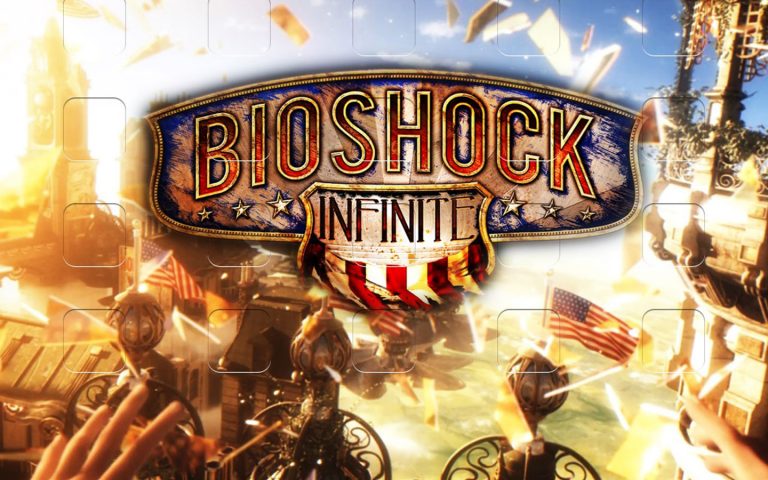BioShock Infinite received critical acclaim when it released on March 26th and was one of the most anticipated games of 2013. This success is largely due to Irrational Games’ legacy and the overall success of the original BioShock. As of right now, Infinite has a Metacritic score of 95% and has sold millions of copies which is a commercial success in every sense of the word.
This success is largely due to Irrational Games’ legacy and the overall success of the original. BioShock Infinite imagined to do everything right and revolutionized the gaming industry in the process. Ken Levine and his team managed to use their creative genius to turn this impressive game into an powerful cultural artifact.
BioShock Infinite is not just a game but a work of art. It manages to prod into the particulars of 20th-century America while tackling social and political problems head on. The city of Columbia was erected around ardent standards of American exceptionalism, and delves into the issues around white supremacy with unflinching force.
Gamers learn about the city of Columbia through audio recordings that are scattered throughout the city. These recordings introduce us to Columbia’s father Comstock and his disconcerting openness about the burdens faced by the white man. NPCs throughout the game often mock Booker for showing any form of kindness toward the game’s African-American characters. This is were Infinite shows true guts and manages to discuss real issues such as the actuality of race and class throughout mankind’s history.
BioShock Infinite doesn’t focus on mindless killing and empty plot points like some of the games today but takes on the viewpoint of objectivism. Levine has managed to become an icon in his industry by focusing on the game’s story over technical details. When players step into Infinite, they are entering a world that feels real and that they too are a part of the story. All-in-all, BioShock Infinite has managed to rewrite the rules of gaming and take its place in cultural history.

0 Comments